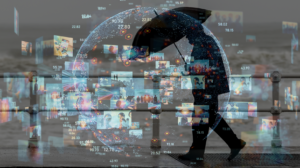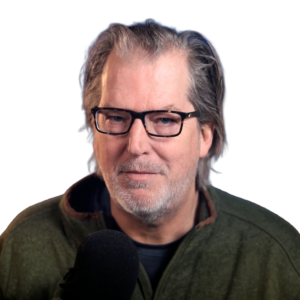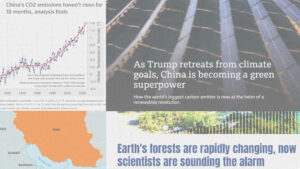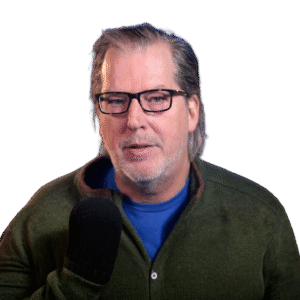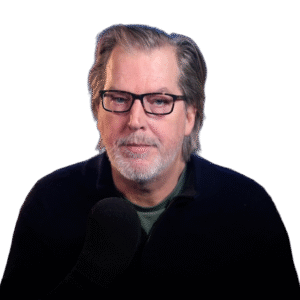
#83 | Frankly
Artificial Intelligence and the Lost Ark
Description
We live in an era where artificial intelligence increasingly dominates the headlines with promises of revolutionary advances – from medical breakthroughs to productivity gains. Yet, while society fixates on these micro-level innovations, a deeper macro story remains largely untold: how AI may fundamentally reshape the relationship between humanity, technology, and the living world. As we race towards artificial superintelligence, we face a species-level ‘Icarus moment’ – where our technological ambitions risk outstripping our collective wisdom as we fly too close to the sun.
In this Frankly, Nate explores seven potential macro-risks associated with AI, from the amplification of wealth inequality to the (literal) existential threat of superintelligence. Through the lens of ‘obligatory technology’ and Jevons paradox, he examines how AI could turbocharge the economic superorganism – accelerating its impact on resource extraction, ecosystem degradation, and human meaning – all while fragmenting our shared reality and concentrating power in dangerous ways.
What happens when we outsource, not just our labor, but also our creativity and meaning-making to machines? How might society adapt when technological efficiency leads to even greater resource extraction and consumption? And as we stand at this critical juncture, can we find ways to “use the devil’s tools in service of Gaia’s work”? Or are we opening a Pandora’s box that cannot be closed? Metaphors – and risks – abound.
In French, we have a motto that says that a simple drawing is often better than a long explanation. Jean-Marc Jancovici Carbone 4 President
That’s very understandable because with left atmosphere thinking, one of the problems is that you see everything as a series of problems that must have solutions. Iain McGilchrist Neuroscientist and Philosopher
We can’t have hundreds and hundreds of real relationships that are healthy because that requires time and effort and full attention and awareness of being in real relationship and conversation with the other human. Nate Hagens Director of ISEOF
This is the crux of the whole problem. Individual parts of nature are more valuable than the biocomplexity of nature. Thomas Crowther Founder Restor
Show Notes & Links to Learn More
Download transcript01:04 – Bend not Break #2
01:39 – Jevons Paradox
03:22 – Art Berman + TGS Episodes + Blog
03:59 – Peak Oil
04:26 – 2024 ExxonMobil Global Outlook
04:39 – US oil production base declines at 37% per year
06:00 – Use of AI in the oil and gas industry
06:20 – AESI’s ‘Dune Express’
07:20 – Recovery rate for unconventional oil reservoirs
09:50 – US wealth and income inequality
10:17 – Universal Basic Income
10:28 – John Vervaeke + TGS Episode
11:20 – Big tech driving a nuclear power revival + energy demand of AI
11:42 – Estimates for energy use of ChatGPT vs Google search + more
12:34 – Material demands of AI
12:51 – CNBC describes Jevons Paradox
16:08 – 500 billion fossil workers
16:16 – 100 billion human brain equivalents added to our workforce: **Internal estimate – details and supporting logic forthcoming.
17:08 – 10% of college students are narcissists
17:32 – Francis Weller
1837 – Keynes predicted a *15h work week
19:39 – ‘Skynet’
20:22 – Artificial Superintelligence + Artificial General Intelligence
21:31 – AI is already capable of deceiving humans
22:11 – ‘Raiders of the Lost Ark’
24:55 – *7% of all humans that have ever lived are alive now

